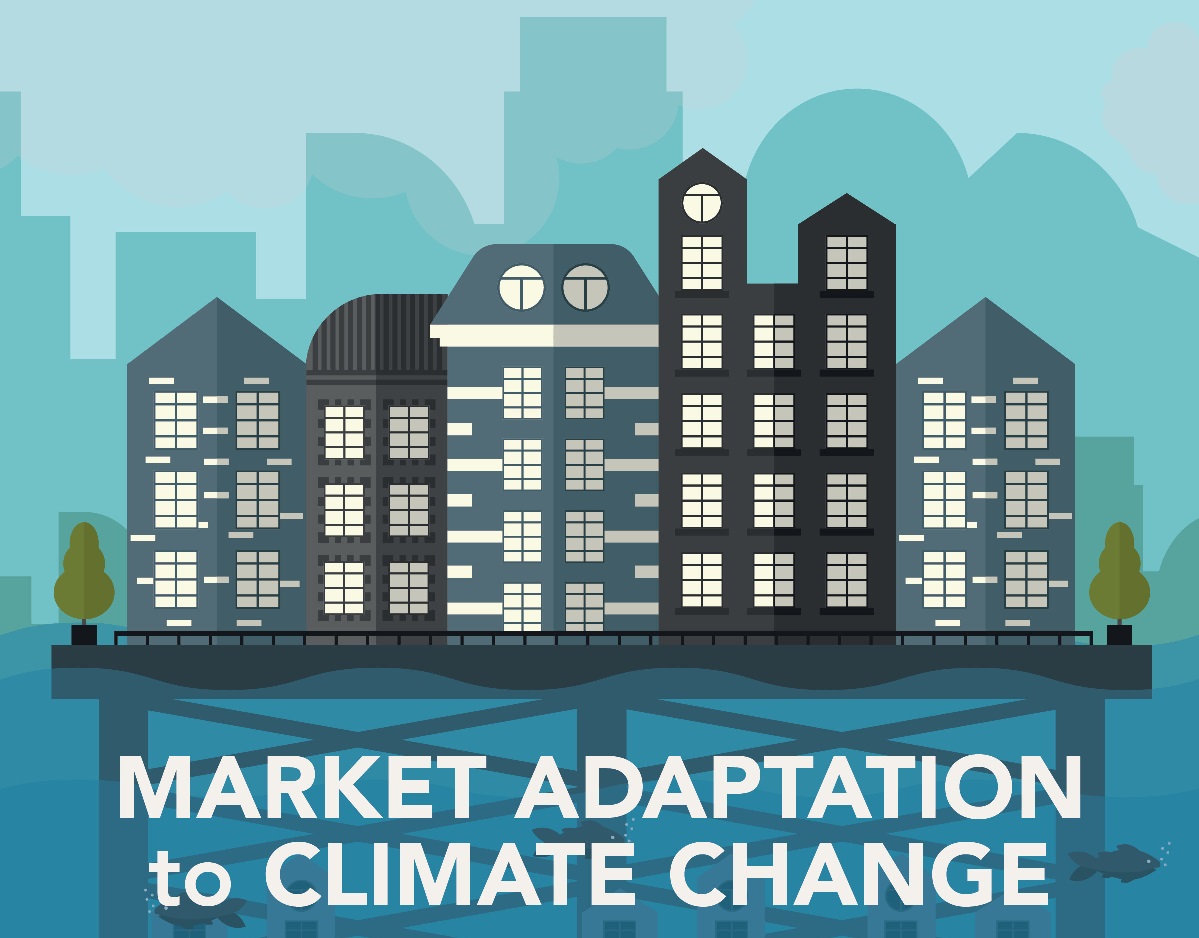No matter what you think about the incoming Trump administration, one thing is certain: The United States is unlikely to pass large-scale carbon mitigation policies anytime soon. What’s more, the Clean Power Plan and the 2015 Paris agreement—two of President Obama’s prized achievements—now face uncertain futures.
Whether or not those efforts would have succeeded or made any difference is an open question. Even though carbon emissions from U.S. power generation are at a 25-year low, thanks in part to fracking and cheap natural gas, global atmospheric concentrations of carbon dioxide are steadily increasing and show no signs of slowing.
The reality is that climate change is what some have called a “wicked problem”—solving it on a global scale would be economically devastating, politically unattainable, and practically impossible. That leaves us with the theme of this special issue of PERC Reports: adaptation.
Until recently, adaptation to climate change was considered taboo. In 1992, Al Gore dismissed it as a “kind of laziness, an arrogant faith in our ability to react in time to save our skins.” Focusing on adaptation, many claimed, would only distract us from accepting costly carbon mitigation policies.
That taboo is gone. Like it or not, in today’s world, adaptation is the name of the game. And as the articles in this issue explore, free markets and property rights are critical for adapting to climate change. Market prices send signals about local conditions that no central planner or scientific expert could possibly know. Property rights give resource owners the incentives necessary to adjust to changing conditions. If sea levels rise or crop yields decline, property owners have good reason to act—whether to invest in protections or innovations.
These market forces are already at work, although they aren’t typically heralded by the media. Wheat is increasingly grown in harsher climates (see page 14). The global coffee sector is adapting to hotter conditions, despite dire predictions from the press (page 22). And financial markets are quietly shielding us from the effects of extreme weather (page 28)—all with little notice or fanfare.
The real challenge is to avoid policies that distort prices, make society poorer, or prevent markets from adapting. Trade barriers, immigration restrictions, federal flood insurance, agricultural subsidies, and zoning regulations each impose obstacles to climate adaptation. This special issue challenges how we think about climate change and highlights the importance of markets and property rights in helping us adapt to our ever-changing world.




